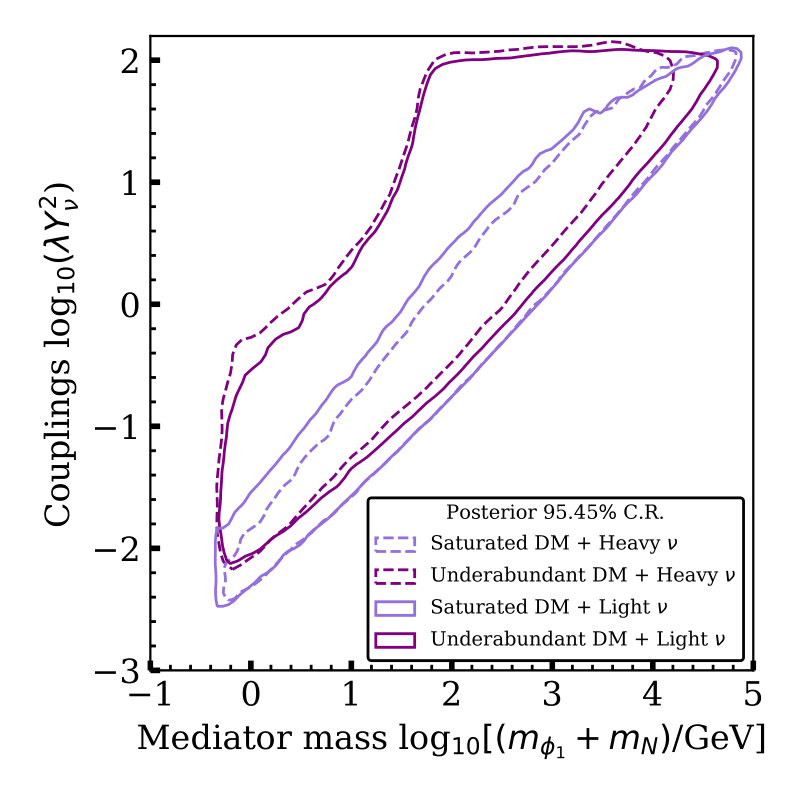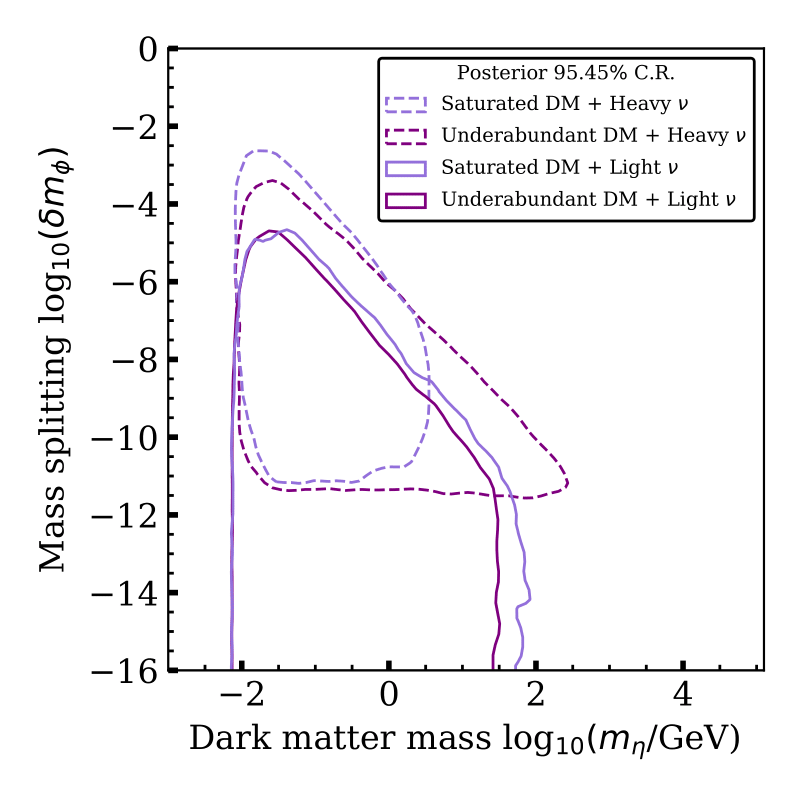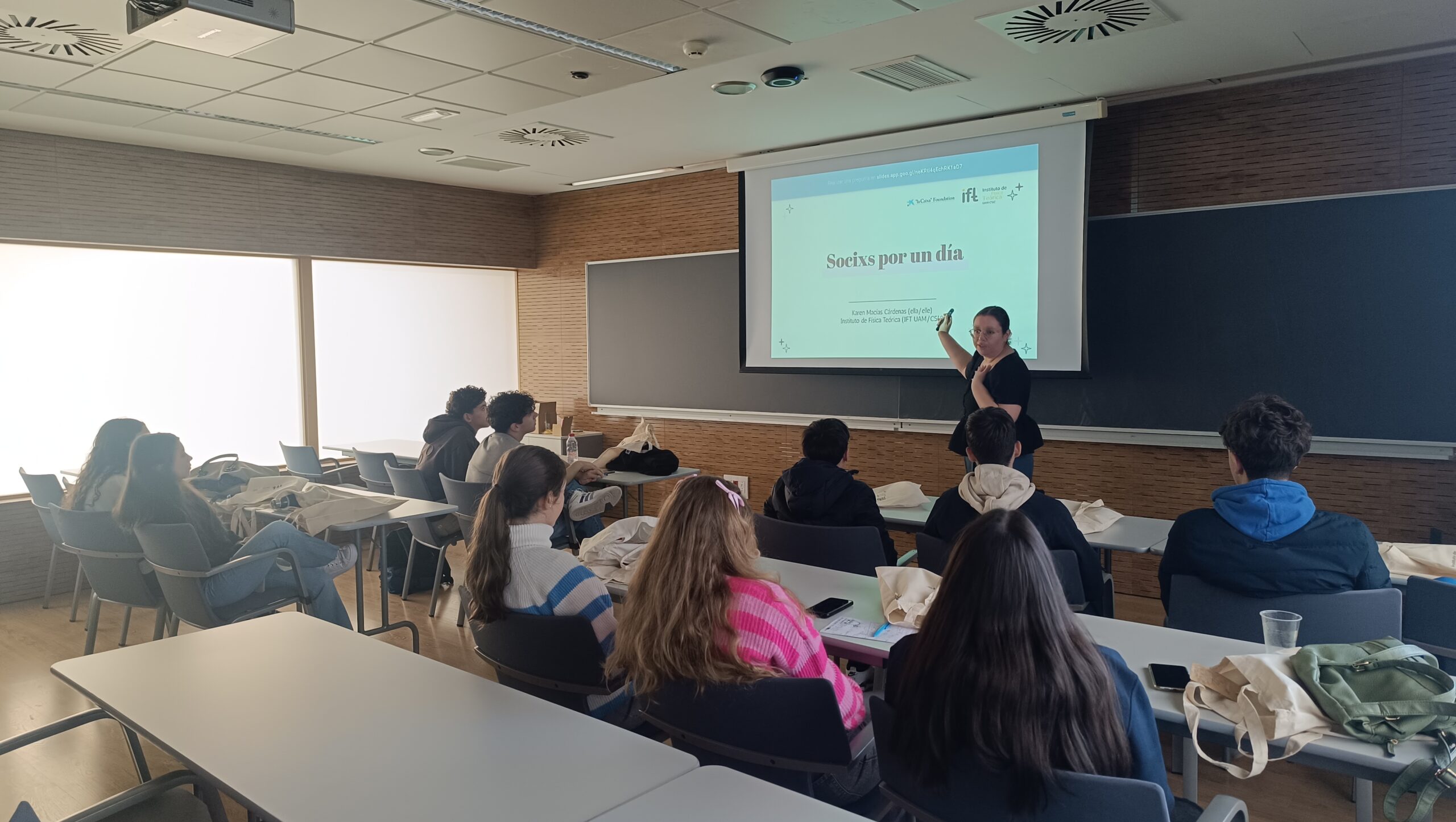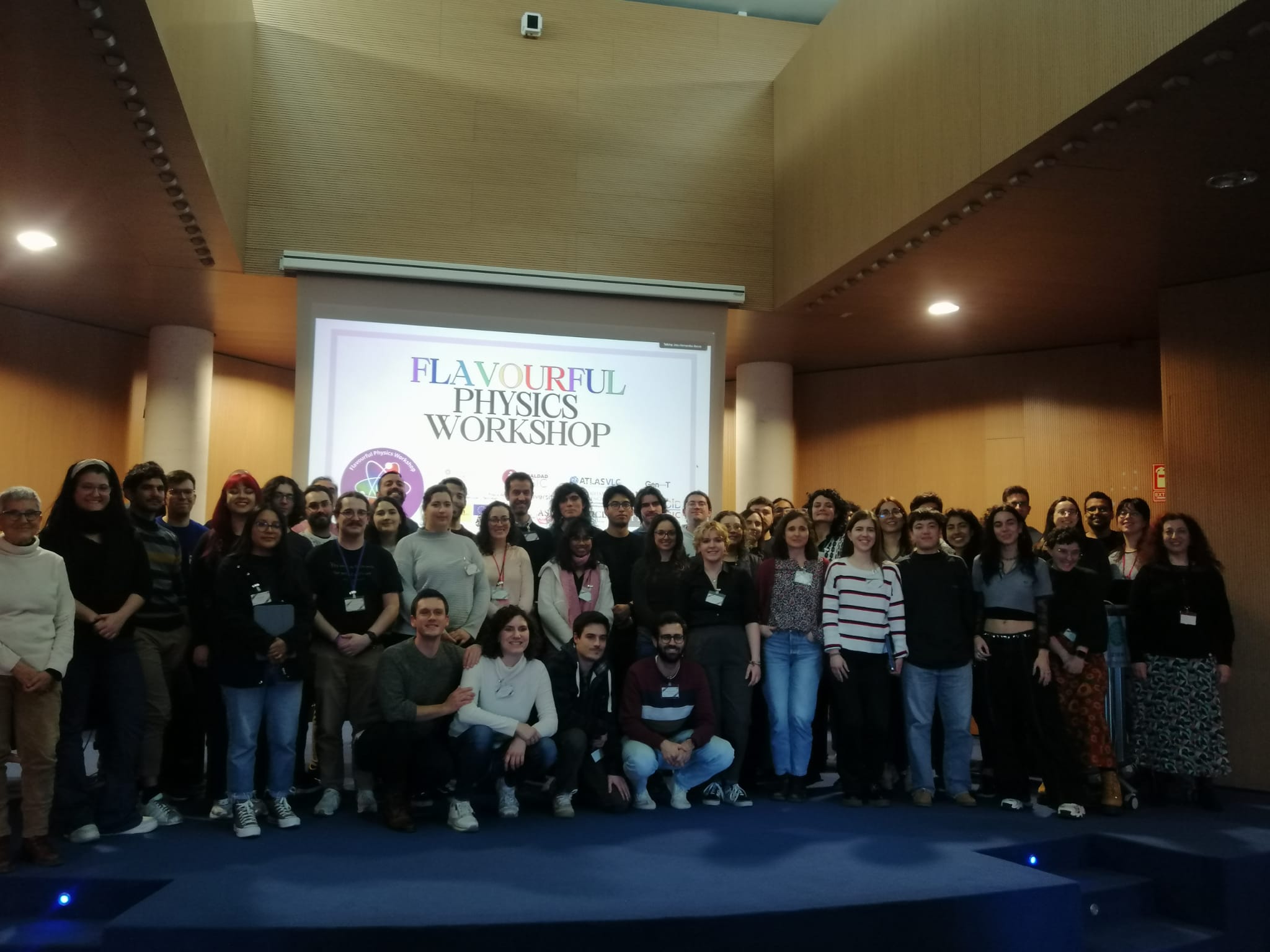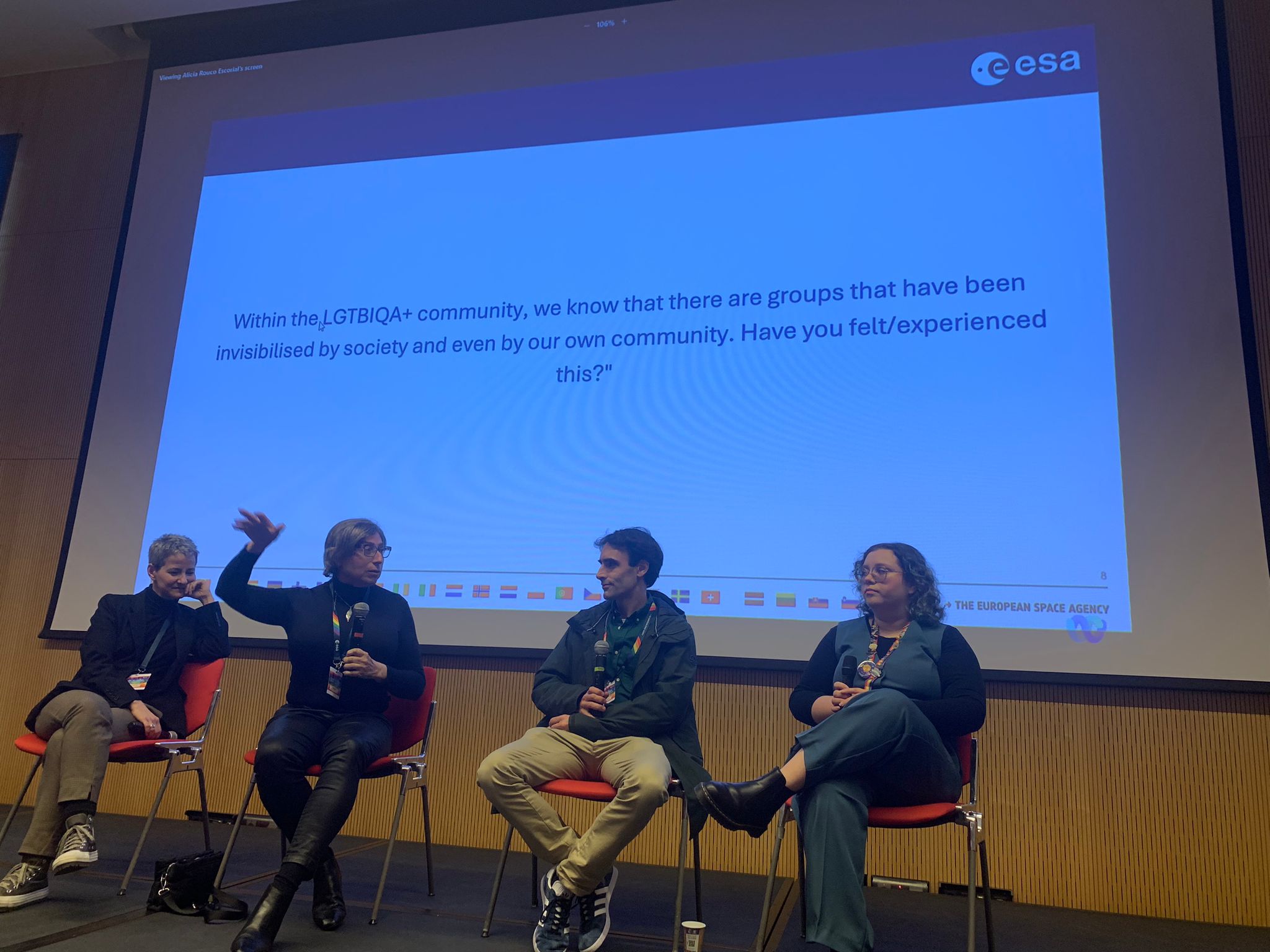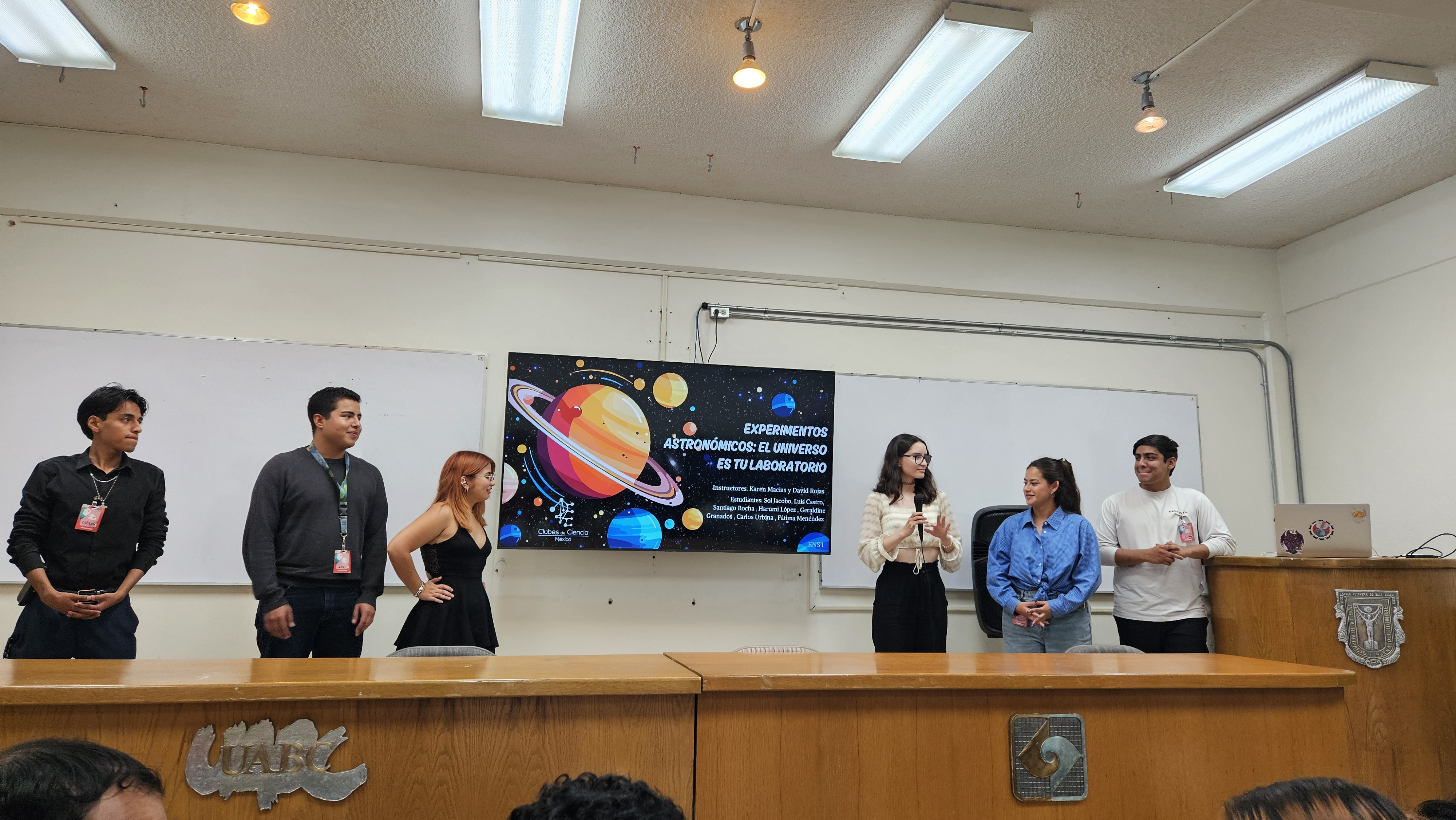Karen Macías Cárdenas (she/they)
I am a Doctoral INPhINIT Fellow at the Instituto de Física Teórica (IFT) in Madrid. I was previously at Queen's High Energy and Astroparticle Theory group (QHEAT) in Canada, where I graduated my Master's at the end of 2022. I obtained my B.Sc. in Physics from the Universidad Autónoma de Baja California (UABC) in Mexico in 2020.
I am very proud of being a latinx, queer, and neurodivergent scientist. Therefore, is important to me to bring forward the needs of minority groups in STEM.

